Acts 10
Read Acts 10
Helpful Background Information:
In and around Jesus’ day, there were longstanding Jewish traditions of religious purity. Biblical purity laws and restrictions about food in the Hebrew tradition are something that can be difficult for us as modern readers to wrap our minds around. Originally, the covenant community received these food laws from God as a way of setting them apart from their pagan neighbors (see Lev. 11, Deut. 14 for specifics). Over time, the Jewish leaders took the liberty to apply these instructions to all of life, and they did so through various rituals and customs.
After the New Covenant was formally established by Jesus, the earliest Christians had to sort out the implications for their communities—which consisted of both Jews and Gentiles. Some of the essential questions behind the disputes were: Who is to be considered a part of God’s covenant people? On what basis is that made true? These are foundational questions that warrant a thoughtful response from Christians.
In Acts 10, Peter receives a strange vision of a large sheet filled with unclean animals to eat. Peter refused, however, because he had been taught to keep the food regulations all his life! Three times, the voice in the vision told Peter not to call anything impure if God had made it clean (vv.10:15-16). After the vision ended, Peter encountered a Gentile centurion named Cornelius who also received a vision (v.3). Peter acknowledged that it was considered “unlawful for a Jew to associate with a foreigner” yet God had shown him that he “should not call any man unholy or unclean” (v.28). As Cornelius and some fellow Gentiles heard the gospel and received the Holy Spirit, Peter expressed his new persuasion—that “God is not one to show partiality but in every nation the man who fears Him and does what is right is welcome to Him” (vv.34-35).
Reflection Questions:
After reading all of Acts 10, answer the following questions that were previously raised: Who is to be considered a part of God’s covenant people? On what basis is that made true? (attempt to use your own words)
The nature of Christian identity does not depend on common human distinctions. As recipients of God’s mercy, Christians realize that there is no one they can look down on from a place of superiority. Is there anyone specific in your community who you feel superior to? Ask God to help you see them the way He does, and prayerfully consider initiating a conversation with that person.
When you encounter parts of the Bible that pertain to purity laws and food restrictions, are there any aspects that remain confusing? What questions remain unanswered in your mind as it relates to understanding the continuities and discontinuities of the Law today? Consider pulling aside a Crossroads pastor or elder to receive guidance with specific questions you have.
